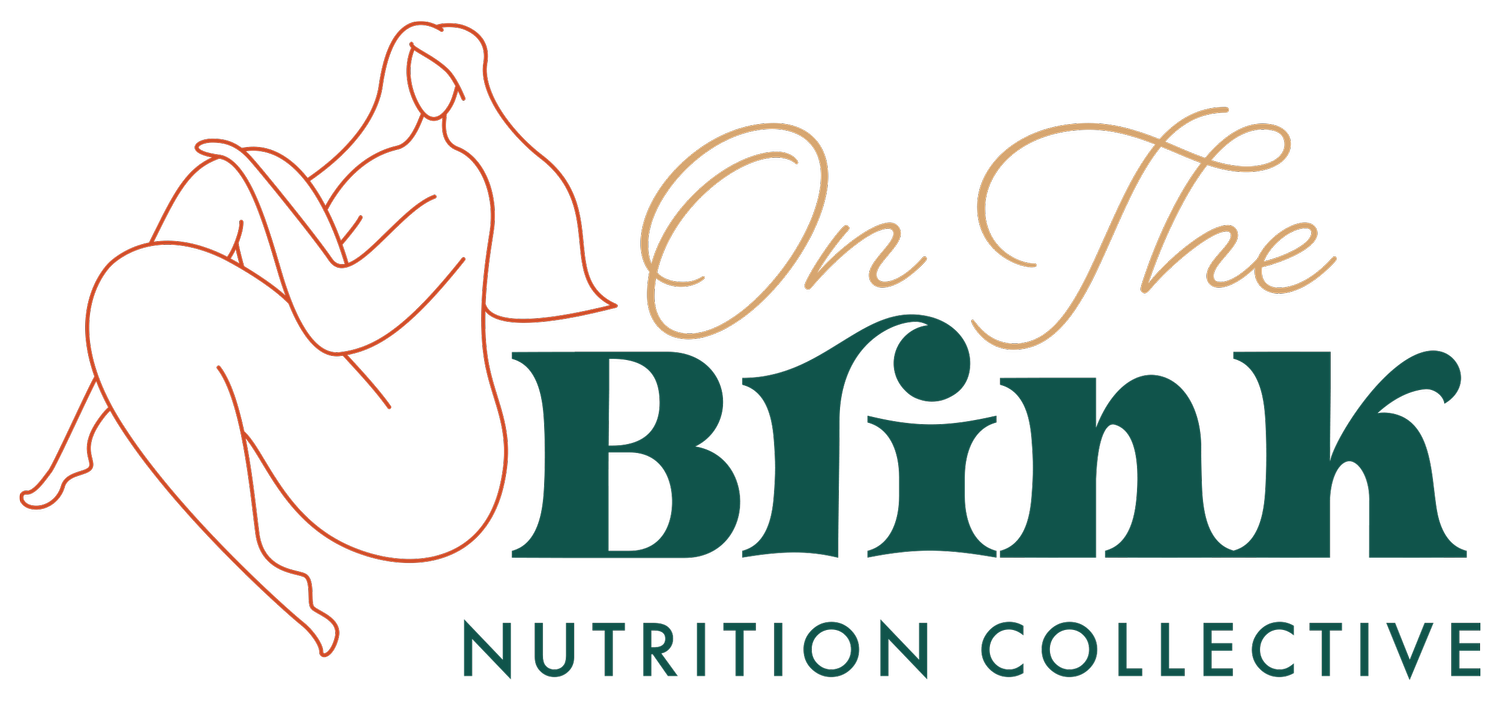Self Compassion: An Overview
Written by guest blogger: Samantha Toffoli, (@inclusive_dietitian)
If you’re like me, you tend to take on the role of “shoulder to cry on” quite often, extending endless care and compassion to your friends and family in their times of need. Your words of encouragement and comfort are quite literally helping your fellow companion release their stress and tension, shedding a layer of skin and allowing them to break free from whatever was weighing so heavy on their heart.
Would you extend those exact words of encouragement to yourself if you found yourself in their shoes? More often than not, we don’t! We are so busy lending our compassion to others that sometimes we forget about being compassionate towards ourselves. We get caught up in our minds, criticizing ourselves for things we would forgive others for. It can sometimes feel easier to give others a listening ear and help rather than attend to our own needs and wants.
This is where the concept of “self-compassion” steps in.
In the works of Dr. Kristen Neff and Dr. Christopher Germer, self-compassion is a “practice in which we learn to be a good friend to ourselves when we need it most.” Self-compassion can also be viewed as the common humanity that all human beings deserve to be relieved of suffering and receive understanding.
The three pillars of self-compassion, which will be explored in separate blog posts over the next three weeks, are:
self-kindness (versus self-judgment)
common humanity (versus isolation)
mindfulness (versus over-identification)
Let’s take a look at self-compassion in action.
Imagine you are giving a virtual presentation on Zoom to your coworkers and boss. Right as you begin to present, your computer shuts down with zero warning. You sit at your desk, staring at the blank computer screen.
Someone who does not exercise self-compassion may think:
Oh, I cannot believe you did this! You really screwed this up. This was a huge presentation, and you just shut the meeting off on everyone. Everyone else can do this simple task. I never do anything right. Ugh!! I’m definitely going to get written up or fired for this.
On the other hand, someone who exercises self-compassion may think:
Uh oh. Alright, let me figure out what happened here. Was this my fault? Hmm, no, I don’t think this was my fault. I set up the Zoom meeting and had my computer charged. It must have just been a technical difficulty. Am I going to get written up for this? Hmm. Probably not, I will explain what happened. Technology can be tricky sometimes.
If this situation was reversed, and one of your coworkers came to you and described a Zoom call gone wrong, do you think you would say, “I can’t believe you did that! You are SO getting written up!” Instead, would you say, “It will be ok, we can sort this out!”.
While this example may seem a bit silly, more often than not, we are too hard on ourselves and beat ourselves up for things that are entirely out of our control.
Now let’s take our concept of self-compassion and relate it to food. You are running late to work, so you decide to stop by your local coffee shop to grab a quick bite to eat. After perusing the menu, you choose to order the spinach and egg white wrap. The barista tells you that this is not available. They only have bacon, egg, and cheese sandwiches this morning. After hesitation, you order the sandwich and head to work, devouring it in the car while driving.
Our self-compassionate thought patterns may look a little bit like this:
Wow, it really was disappointing that I couldn’t get that spinach wrap I wanted this morning. Running late to work is pretty annoying, but it happens sometimes. My bacon, egg, and cheese sandwich may not have been what I wanted, but I am proud of myself for eating this morning rather than skipping breakfast. I'm glad I was kind to myself and provided my body with nourishment for the long day I have ahead of me.”
I invite you to practice self-compassion the next time you experience a stressor or trigger. Take a bird’s eye view of the situation and examine it through an outsider’s lens.
Source - The Mindful Self-Compassion Workbook by Dr. Kristen Neff and Dr. Christopher Germer.
